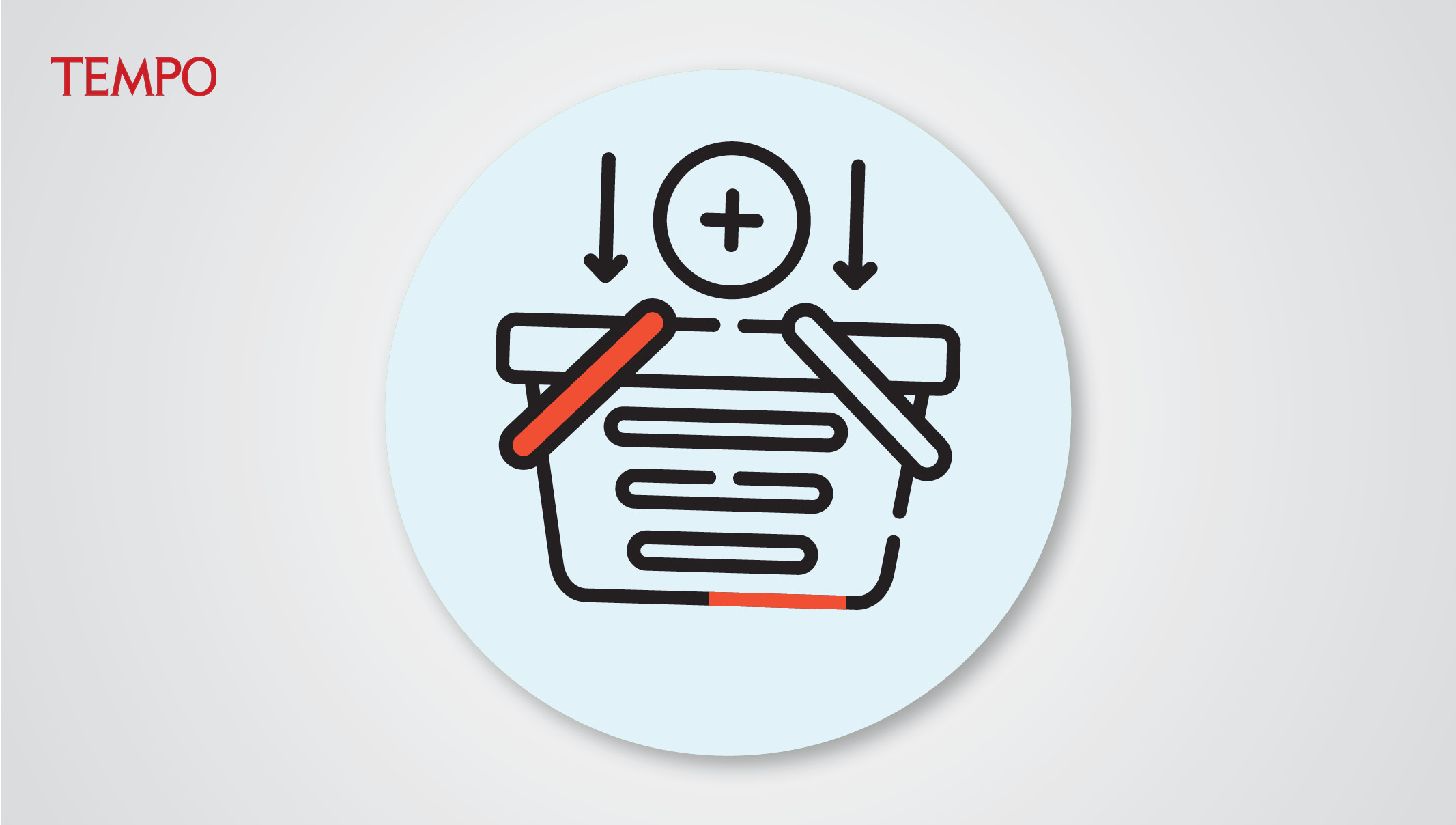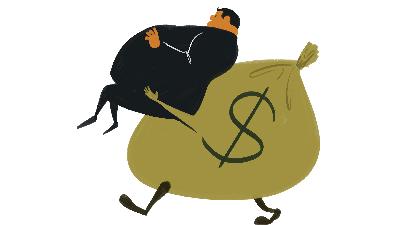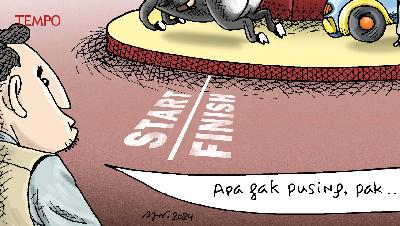The Free Nutritious Meal Program Stowaways
Monday, December 9, 2024
The government amended the beef import regulations in order to smooth the way for the free nutritious meal program. This will have a negative effect on the management of the livestock sector.
arsip tempo : 174645523785.

THE acrobatics being performed to smooth the way for the free nutritious meal program have the potential to cause many problems. These hasty measures taken to realize Prabowo Subianto’s campaign promise in the last presidential election provide plenty of opportunities for rent seekers, who could derail the whole program.
One of the government’s hasty moves is evident from the change to rules concerning beef imports through Government Regulation No. 11/2022 on Amendments to Government Regulation No. 4/2016. These two regulations contain provisions stating that imports of animal products are only allowed from nations and zones free of foot and mouth disease (FMD), or nations that are not yet free of this disease but that have an official control program that is recognized by the World Health Organization.
With a cattle population of only 17.6 million, Indonesia has no choice but to bring in additional cattle from overseas. These animals can subsequently be used as a source of protein for the free nutritious meal program. Therefore, the government has set a target of one million head of cattle to be imported over the next five years.
But relaxing the regulations concerning the nations these animals come from could lead to more complex problems in the future. If this goes ahead without thorough oversight and selection mechanisms, this revision could endanger public health and make matters worse for the management of the agriculture sector in Indonesia. This is because after the revision, importers will have an opportunity to bring in cattle from nations where FMD is still endemic, such as Brazil, India and a number of countries in Southeast Asia.
The government must not forget the deaths of almost 13,000 cattle as a result of a FMD outbreak in 2022. The government’s aim of increasing the population of beef and dairy cattle in Indonesia could end in failure.
As well as this, the plan to manage these cattle is not yet clear. When providing information to businesspeople and breeders, the government put forward a number of options such as cooperation between companies and breeders that are members of cooperatives. However, this scheme does not contain details of how the profits would be shared.
It is possible that the breeders who accommodate and raise these cattle will not receive a cent because all the profits will be enjoyed by a small number of people. What is more, the government has not yet confirmed how these meat and dairy products will be procured and utilized for the free nutritious meal program. There is a risk that all this uncertainty will provide an opportunity for the entry of rent seekers.
The free nutritious meal program has the potential to become a monumental policy for the Prabowo administration, especially since similar programs in many European nations have provided benefits because they ensure that children are consuming enough nutrients. However, in order to bring this about, the program cannot be implemented hastily or organized like a short-term project.
Therefore, the free nutritious meal program must be implemented carefully and cautiously. It is understandable that President Prabowo is keen to make a breakthrough at the beginning of his administration. But of course, he understands that a policy or program that is implemented hastily—such as the construction of the Nusantara Capital City—will only lead to complications and public opposition.











